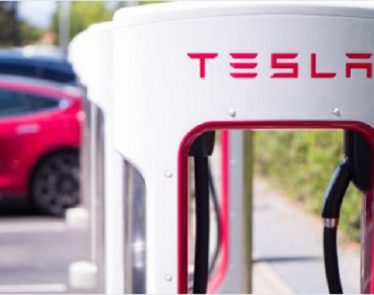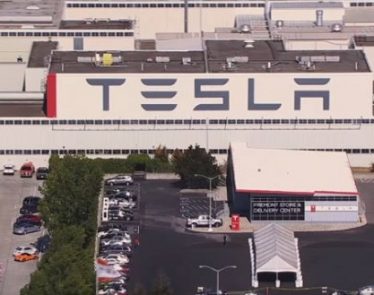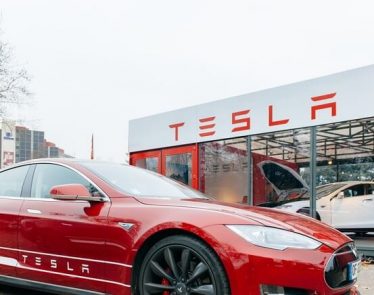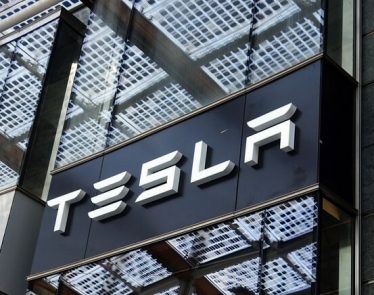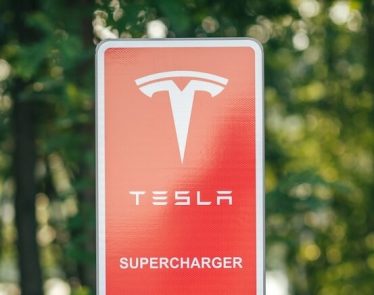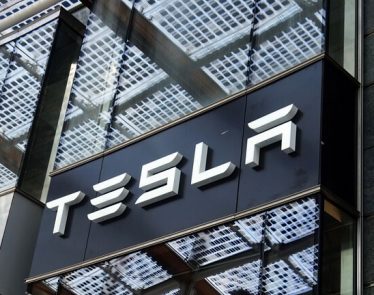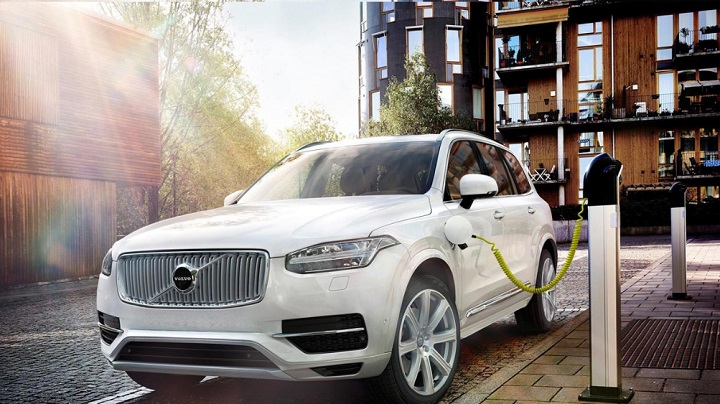
After 90 years, Volvo Cars (STO:$VOLV-B) is terminating its relationship with the internal combustion engine.
Volvo announced on Wednesday, July 5 that all cars launched from 2019 and onwards will have an electric motor. This makes the Swedish automaker the first major brand to say that it will halt the production of cars that are powered solely by internal combustion.
“Volvo Cars has stated that it plans to have sold a total of 1 million electrified cars by 2025,” said CEO Hakan Samuelsson. “When we said it we meant it. This is how we are going to do it.”
If all goes as planned, Volvo is forecasted to launch five fully electric vehicles between 2019 and 2021, as well as a number of hybrid cars. These hybrid cars will use electric power to supplement conventional engines, such as those powered by diesel and petroleum.
Even though there are other car manufacturers that have set similar goals – Volkswagen Group (ETR:$VOW3) plans to produce 1 million electric sales by the year 2025 – Volvo’s announcement is noteworthy because it represents a shift in strategy for a major producer. Volkswagen sold over 10 million cars in 2016, while Volvo sold roughly 500,000.
According to Samuelsson, Volvo is responding to shifting consumer demand, as well as an in-house goal of climate-neutral manufacturing by 2025.
“Volvo is making an aggressive move to take advantage of growing market opportunities,” said Christine Spann, an Electric Drive Transportation Association spokeswoman.
Electric vehicles are extremely popular amongst niche and large-scale producers. Large car companies including General Motors (TSE:$GMM.U), Nissan Motor Company (TYO:$7201) and Volkswagen have all invested in electric vehicles, while Tesla Inc (NASDAQ:$TSLA) has outperformed all of them, other than Volkswagen, in market capitalization despite delivering only a fraction of the number of vehicles.
In 2025, the United States Energy Information Administration expects sales of light-duty battery electric, plug-in hybrid electric, and hydrogen fuel cell vehicles to reach 1.5 million cars, or roughly 9% of the total project light-duty vehicle sales in 2025.
Volvo is owned by Geely Automobile Holdings (HKG:$0175), and is in position to gain from its parent company’s investments in electric. As of right now, China is the largest auto market in the world, with an increasing demand for electric cars.
Featured Image: twitter




